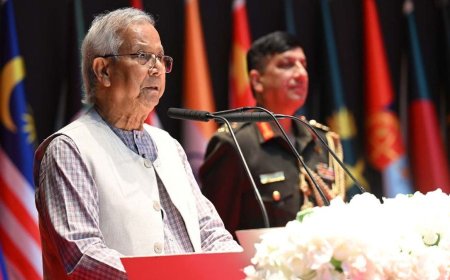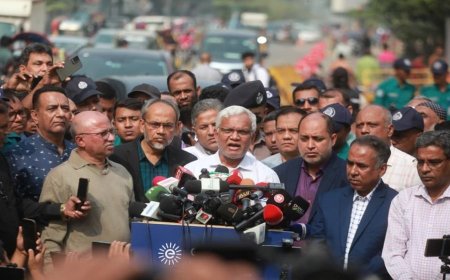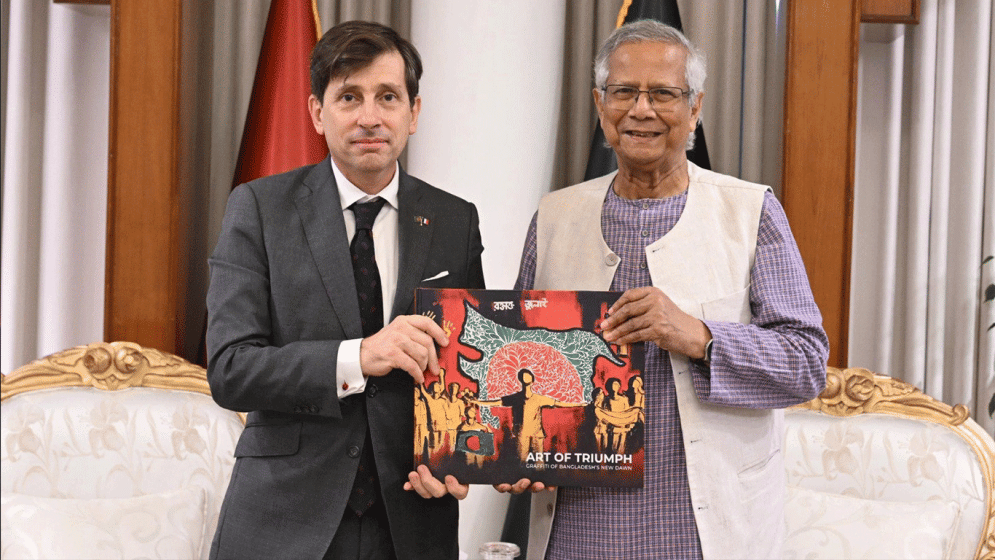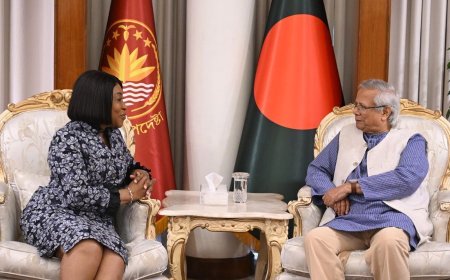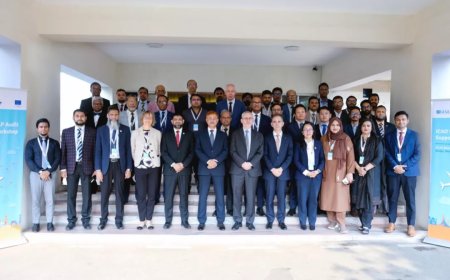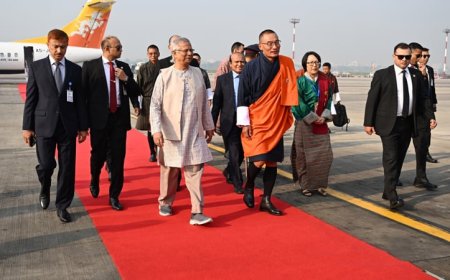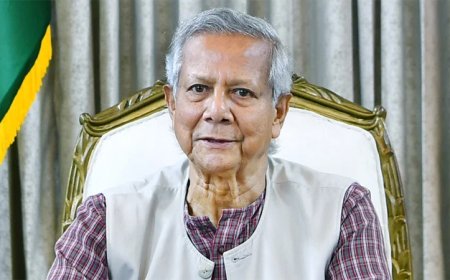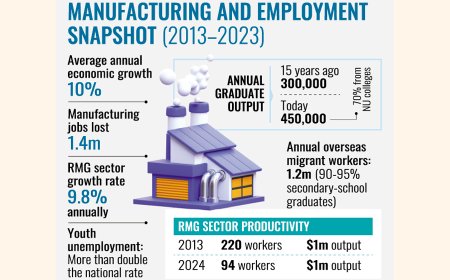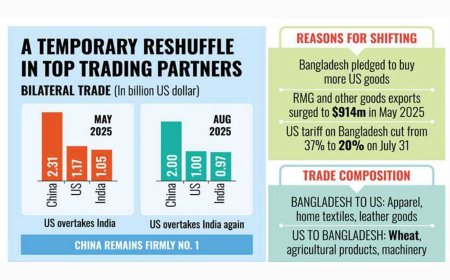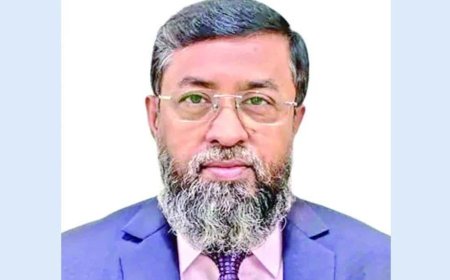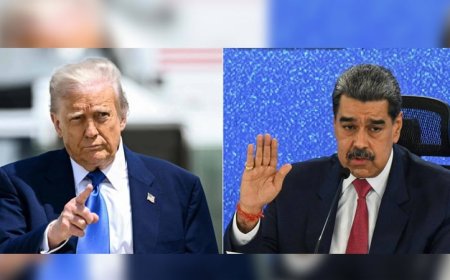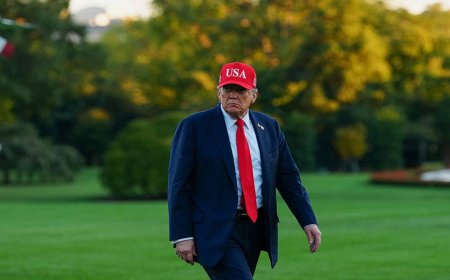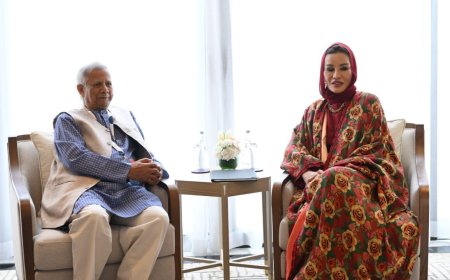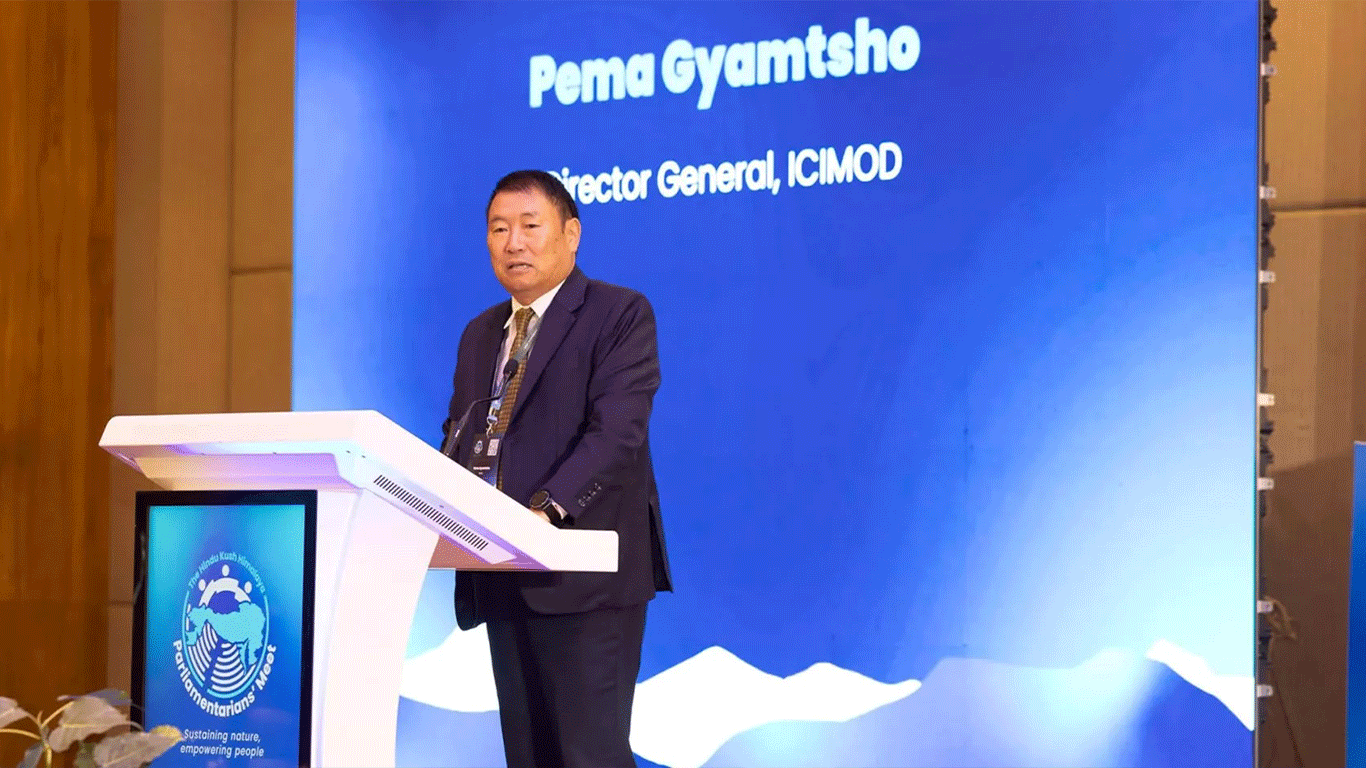Chartered Accountant Highlights Social Business as Key to Lifting Millions Out of Poverty
Chartered Accountant Highlights Social Business as Key to Lifting Millions Out of Poverty
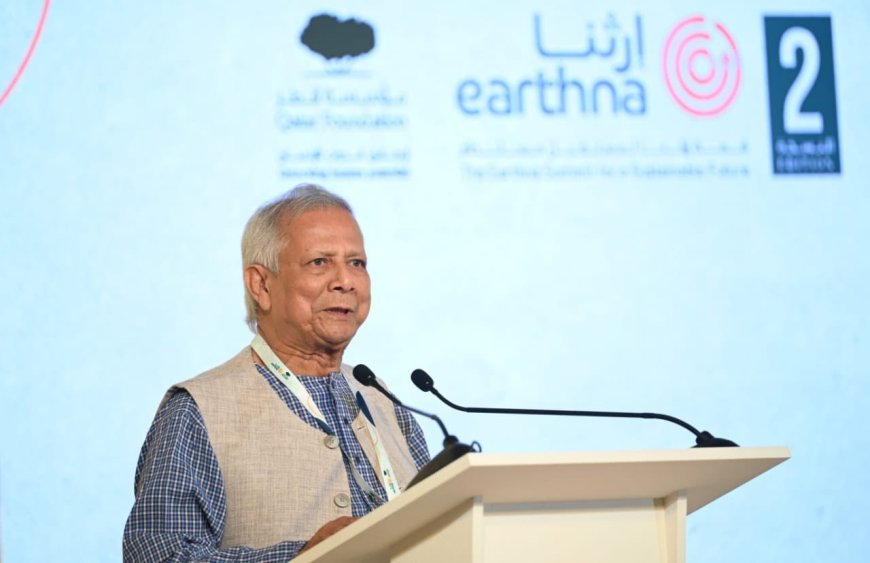
Chief Adviser Professor Muhammad Yunus, speaking at the Earthna Summit organised by Qatar Foundation in Doha, emphasised that social business, coupled with financial inclusion, holds the potential to lift millions out of poverty. He asserted that poverty is not a result of individual failure, but rather a consequence of a flawed economic system that centralises wealth and marginalises the poor.
Delivering his keynote address on the role of social business, financial inclusion, and microfinance in fostering sustainable development, Professor Yunus highlighted that social business models, when integrated with microcredit, can empower disadvantaged communities. Drawing from his experience in Bangladesh, he noted that microcredit has enabled even the poorest individuals to access financial resources, start businesses, and generate income, with the Grameen Bank alone lending over US$ 2.5 billion annually to 9 million women with a repayment rate close to 99%.
He cited global examples such as Grameen America, which has disbursed over US$ 600 million in loans to 86,000 low-income women in the US, and platforms like Kiva that have facilitated nearly US$ 960 million in loans across 82 countries. These initiatives, he said, exemplify the transformative power of inclusive finance.
Professor Yunus further pointed to successful social business ventures like Grameen Danone Foods and Grameen Euglena in Bangladesh, and international efforts including Golden Bees and Impact Water in Uganda, as well as Human Harbor Corporation in Japan. These businesses address critical societal needs such as nutrition, clean water, waste management, and livelihood generation.
He underlined the growing global interest in social business among corporations and young entrepreneurs and expressed optimism that these efforts could help achieve “three zeroes” – zero poverty, zero unemployment, and zero net carbon emissions – along with a fourth: zero waste. Advocating for a zero-waste philosophy, Professor Yunus stressed the importance of sustainable production, recycling, and the conservation of natural resources.
In conclusion, he urged the integration of traditional knowledge and cultural heritage into modern solutions to ensure a sustainable and inclusive future. The summit was also attended by Sheikha Moza bint Nasser, Chairperson of Qatar Foundation, and Sheikha Hind bint Hamad Al Thani, Vice Chairperson and CEO of Qatar Foundation, along with other global leaders.
What's Your Reaction?








